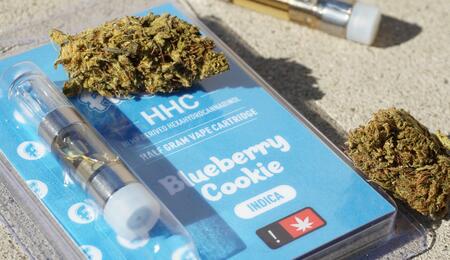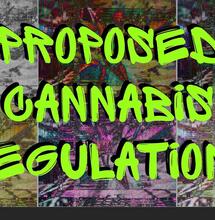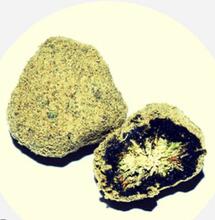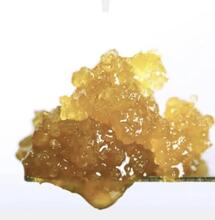Spain Bans Semi-Synthetic Cannabinoids

The Ministry of Health has published an Order which updates the list of controlled substances in Spain. This new regulation officially bans several semi-synthetic cannabinoids such as HHC, THC-O, and their derivatives, as well as other psychoactive substances recently detected in Europe.
Which substances have been banned?
The order incorporates a series of chemical compounds considered dangerous to public health without recognized therapeutic use. These are the main ones:
- Psychotropic substances added by UN decision
- Dipentylone (bk-DMBDP)
- 2-Fluorodeschloroketamine (2 FDCK)
- Bromazolam
These substances have been included by the UN Commission on Narcotic Drugs in Schedules II and IV of the 1971 Convention on Psychotropic Substances, at the proposal of the World Health Organization (WHO).
Spain has also added to its list of controlled substances a set of designer cannabinoids that were being marketed as legal alternatives to THC:
- HHC (hexahydrocannabinol)
- HHC-O (HHC acetate)
- HHCP and HHCP-O
- THCP, THCP-O
- THC-O (THC acetate)
- Delta-8-THC-C8 and delta-9-THC-C8
- H4-CBD (hydrocannabinol or tetrahydrocannabinol)
These substances were gaining popularity in the European market as "legal cannabinoids." Still, their health risks have led authorities to take restrictive measures.
Why are HHC and other cannabinoids banned?
According to the published order, these compounds have been flagged by the European Union's Early Warning System and are registered in the EDND database, indicating growing concern about their adverse effects, both short and long-term. They lack solid clinical studies and are not authorized as medications. Furthermore, they can produce effects similar to THC, such as euphoria, anxiety, or rapid heart rate, but with uncertain potency and safety profiles.
The manufacture, distribution, marketing, possession, prescription, and dispensing of these compounds in Spain is prohibited. Products containing HHC, THC-O, or any other cannabinoid included in the list will be considered illegal as of April 23, 2025. Health and police authorities will be able to intervene in products, laboratories, and establishments that violate this regulation.
How does this affect the cannabis market?
This decision marks a turning point in the debate over synthetic and semi-synthetic cannabinoids. While the use of regulated medicinal cannabis is advancing in Europe, unregulated compounds of uncertain origin are increasingly subject to scrutiny. Experts point out that such decisions can push consumers toward the black market or even more obscure products, and therefore emphasize the need for information, regulation, and quality control throughout the sector.
More From Soft Secrets:
THC-O, the synthetic cannabinoid 3 times more potent than regular THC.








